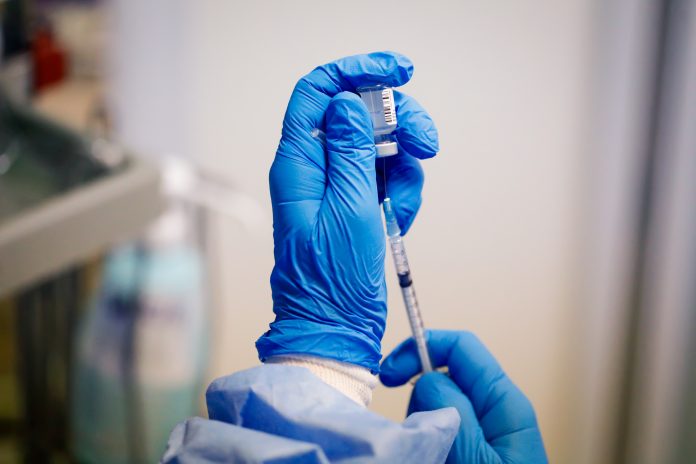EU leaders are investigating why AstraZeneca are not following through with the pre-agreed number of vaccines for the Member States – taking a 60% cut to the expected amount
According to the initial contract signed on 28 August, 2020, the EU would have the option to buy 300 million doses of the AstraZeneca vaccine – with the option to buy a further 100 million.
The AstraZeneca vaccine clocked in at 70.4% effective when all results were averaged.
This was due to a happy mistake that led to scientists discovering that a half-dose, followed by a full dose a month later, would produce an efficacy of 90% – 40% above the minimum requirements for a COVID-19 vaccine to be considered successful.
AstraZeneca worked alongside Oxford University to create this vaccine, and it is currently one of the most used in the UK.
It was the second vaccine to gain approval in the US and in the EU.
The EU will receive 60% less than expected
However, officials in Brussels are currently experiencing a different reality from the promise of 300 million vaccines made in the Summer.
The company was meant to deliver 80 million of those doses by the end of March, 2021. However, the EU has been informed that there will be 31 million doses sent to the Bloc instead. According to an official, there are production issues.
Playbook reported on an email from AstraZeneca: “While there is no scheduled delay to the start of shipments of our vaccine should we receive approval in Europe, initial volumes will be lower than originally anticipated due to reduced yields at a manufacturing site within our European supply chain.”
There are currently 446 million inhabitants of Europe, the majority still waiting for inoculation. The procurement strategy of the EU has been criticised in recent days, as vaccination rollout appears slower than comparative States, like the US.












The way I see it – if governments and leaders truly cared about the wellbeing/ welfare of citizens then there would be no poverty or homelessness. This could be achieved if certain members of humanity were so self-centered and greedy. The inequality in the world is astronomical and is proof that many care primarily for themselves. I can’t see this rectifying itself any time soon. Can you?
Because of this ( inadvertent? Intentional? ) disparity, citizens are, rightly, are more questioning, cautious, and wary of those in the advantageous position. History has shown that leaders, governments, and institutions can deceive and manipulate their citizens/ people for “their “ own benefit. As long as evil is an integral part of this life it would be imprudent and foolish to walk about with one’s head in the clouds. Citizens need to be always on guard.